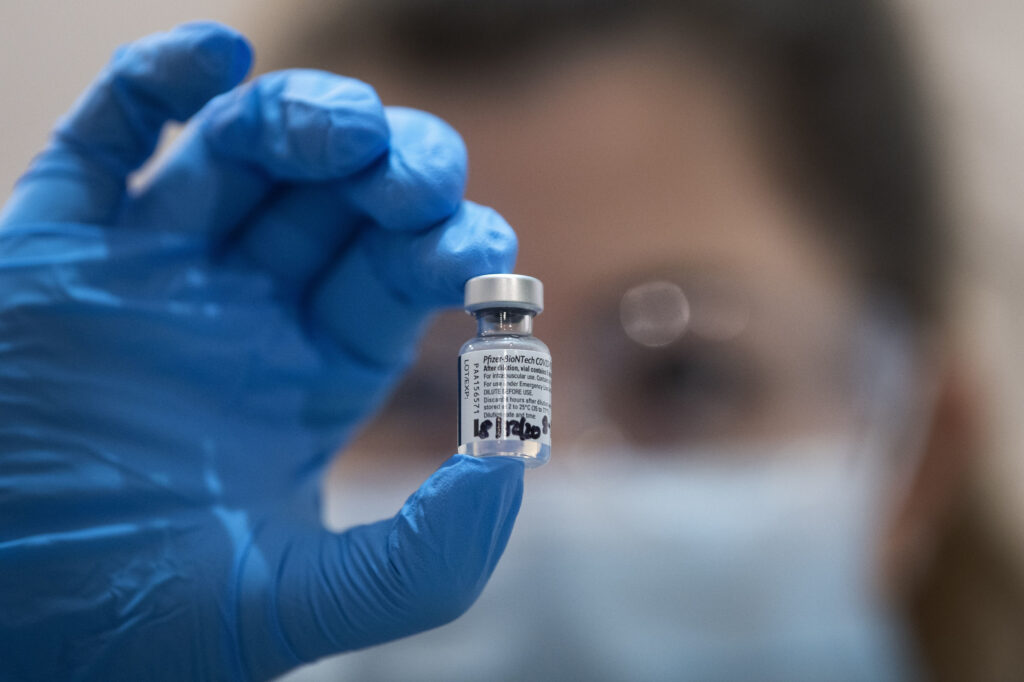Autumn, or as the West Virginia Department of Health (DH) calls it, “respiratory season,” is rife with coughs, sniffles and chills as kids go back to school during changing seasons.
That’s why the DH is urging residents to remain vigilant against flu, COVID-19 and respiratory syncytial virus (RSV) by receiving the latest dose of the vaccine for each illness.
DH Secretary, Dr. Sherri Young said in a press release that vaccination is one of the most effective tools in reducing severe illness and hospitalization from respiratory viruses.
“While the risk of severe outcomes from COVID-19 has decreased due to widespread vaccination and previous exposure, new variants continue to pose a threat, especially to those who are unvaccinated, elderly, or have underlying health conditions,” Young said.
On August 22 the U.S. Food and Drug Administration (FDA) approved an updated COVID-19 vaccine for emergency use authorization (EUA).
The updated mRNA vaccine formula targets currently circulating variants and provides better protection against serious consequences of COVID-19, including hospitalization and death, according to the FDA.
According to the DH, there are three RSV vaccines available for adults 60 years and older to help prevent serious infection and hospitalization among those at increased risk.
The Centers for Disease Control and Prevention (CDC) recommends a single dose of any FDA-licensed RSV vaccine for all adults ages 75 and older and adults ages 60 to 74 at increased risk of severe RSV.
In July 2023, the FDA approved Beyfortus, an RSV immunization designed to protect infants under eight months old from contracting RSV. West Virginia University experts were instrumental in the approval process of Beyfortus.
There is also an RSV vaccine available for those who are pregnant. In a press release, the DH advised pregnant people should get a single dose of the maternal RSV vaccine, Abrysvo, during the 32nd to 36th week of pregnancy.
According to the CDC, all flu vaccines for the 2024 to 2025 season are formulated to protect against three different flu viruses.
In addition to vaccination, to prevent respiratory infection, the CDC recommends practicing good respiratory hygiene by regular hand washing with soap and water or alcohol-based hand sanitizer, staying home and away from others while sick and cleaning and disinfecting commonly touched surfaces.
State Health Officer, Dr. Matthew Christiansen said West Virginia is fortunate to have an array of resources available to protect against respiratory illness.
“With the latest vaccines for COVID-19 and RSV now at our disposal, coupled with proven hygiene practices, we are in a strong position to combat these illnesses,” Christiansen said. “I strongly urge every West Virginian to seize this opportunity to get vaccinated and adhere to good hygiene habits. By doing so, we can significantly reduce the risk of serious illness and protect our families and communities.”
**Editor’s Note: This story was updated to clarify that Beyfortus is not a vaccine, as previously stated, but a monoclonal antibody, which works differently than a vaccine.
Appalachia Health News is a project of West Virginia Public Broadcasting with support from Marshall Health.




















